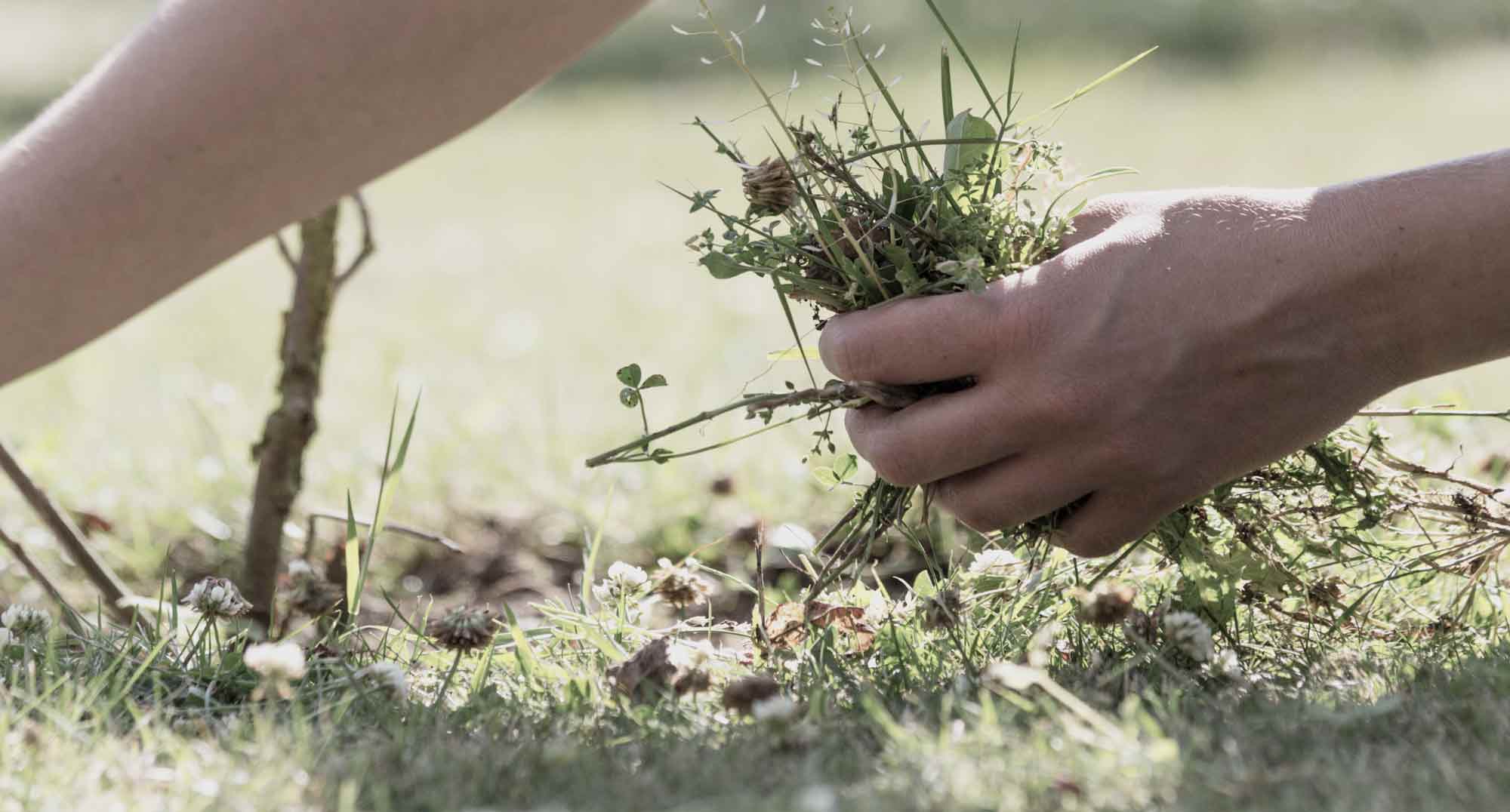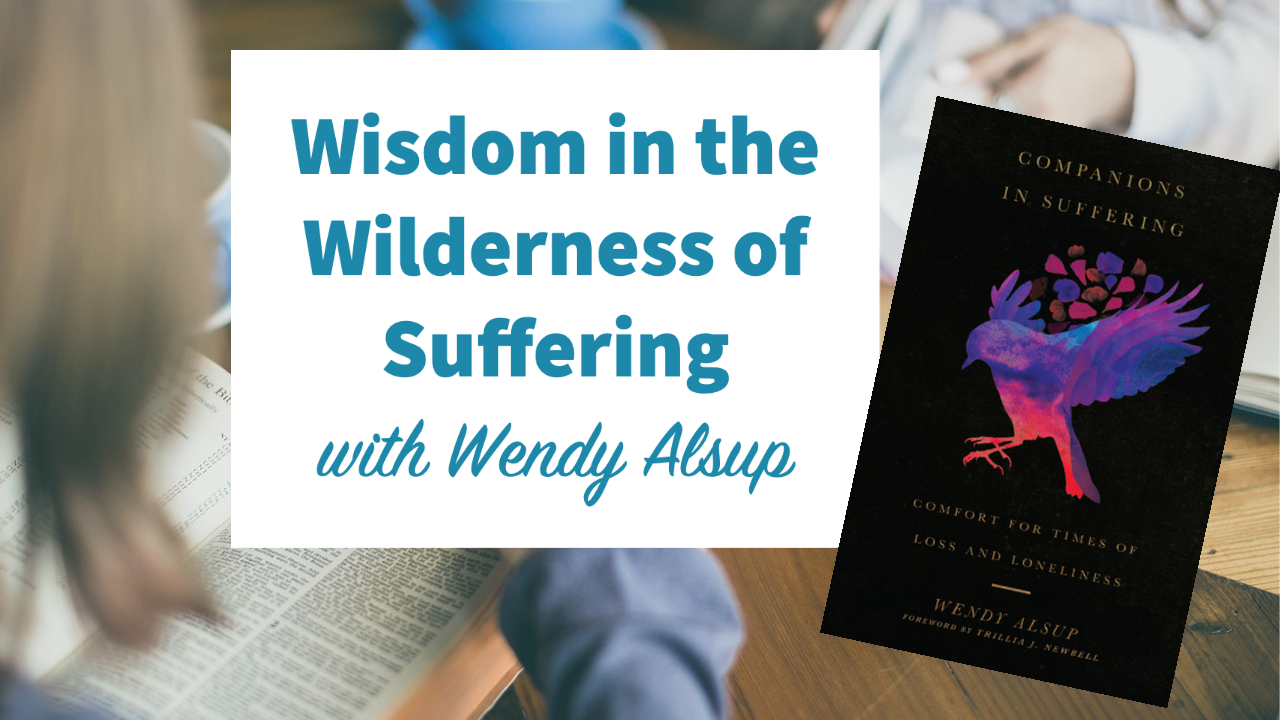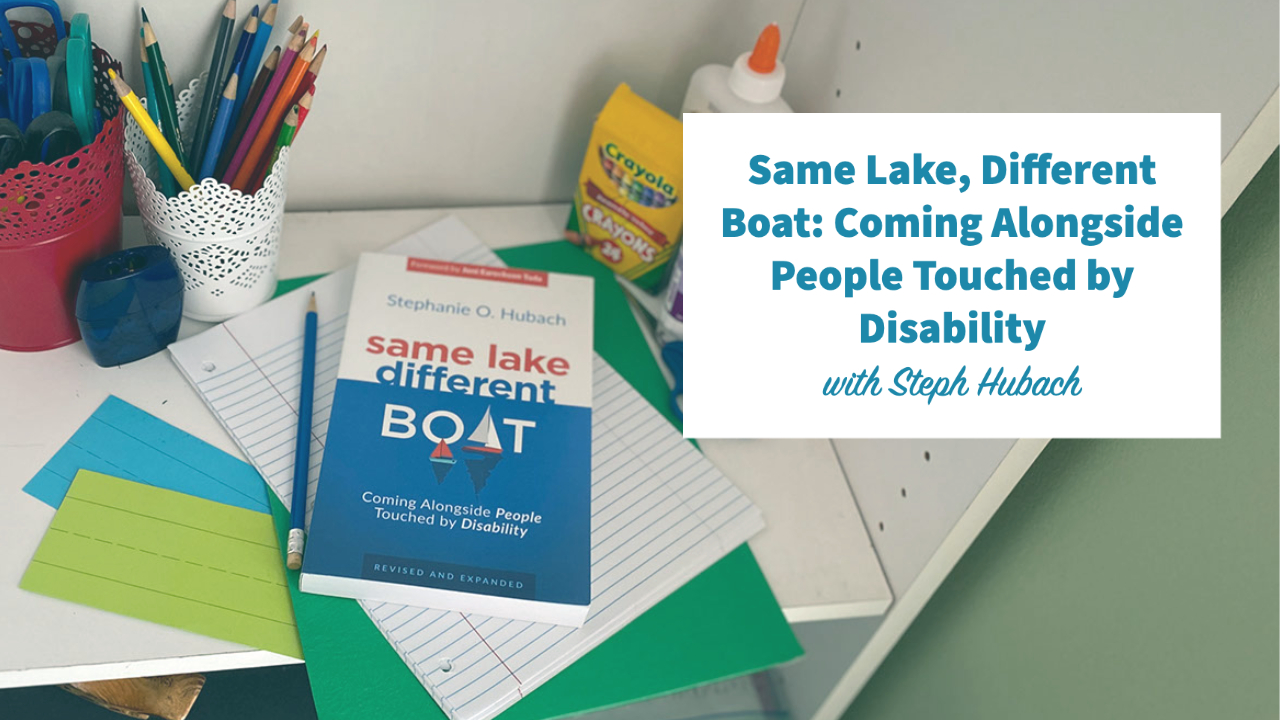Lessons From My Garden on the Kingdom of God
STEPHANIE FORMENTI|CONTRIBUTOR We planted a garden this summer. We have three raised beds dedicated to some vegetables like tomatoes and cucumbers, another for herbs like basil and oregano, and one bed specifically for wildflowers. As I have watched seeds turn into flowers, and little sprouts turn into tomatoes, the Lord has taught me about work—my work and His work. Our little garden is my summer classroom for understanding work in the kingdom which led me to three parables in Matthew 13 that integrate yard work with kingdom truths. Both my hands-on time in the garden and the teachings of Jesus highlight that kingdom work involves three important aspects: weeping, waiting, and watching. Weeping: It brings me such joy each morning to walk outside and see how many new flowers have bloomed or if there are any tomatoes to harvest. But no matter how many delights my garden produces, there are always those pesky weeds. Every morning provides new gifts as well as new frustrations. The same is true for life in the kingdom of God. We know that Jesus the King already reigns and is already on the move to make all things new, but we also experience how all things are not yet under His feet. Although the kingdom has come, it is also still to come. It is already and also not yet. So, the work we do in the kingdom is work done smack dab in the middle of that tension. We push against darkness and evil and injustice and ugliness and hatred. But those things also push back against us. Kingdom work occupies that space— the space of tension...










